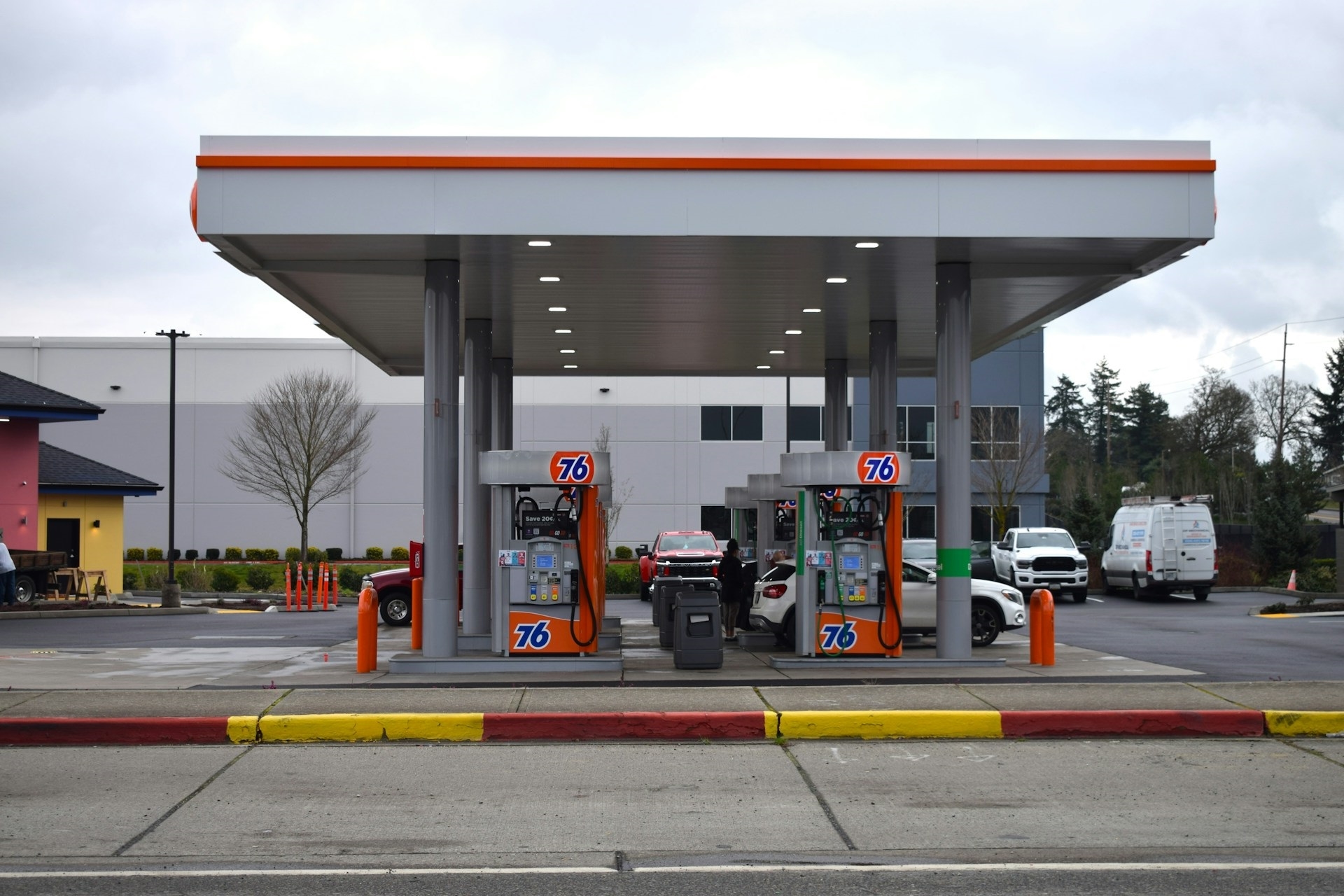Ford Models Available With Flex Fuel
For nearly three decades, Ford has been a pioneer of flex-fuel technology, revolutionizing the automotive industry. In 1994, Ford introduced the Taurus, which was the first mass-produced flexible-fuel vehicle (FFV) capable of running on gasoline, ethanol, or a mix of both. By 2022, approximately 21 million FFVs were on U.S. roads, showing how popular this technology has become. Ford has expanded its lineup to include a wide range of flex-fuel models, which maintain high standards of performance and efficiency. Read on to discover more about flex-fuel technology and Ford's exciting range of FFVs.
What Is Flex Fuel?
Flex-fuel technology allows cars to run on a mix of gas and ethanol. E85, the most common flex fuel, contains a blend of 85% ethanol and 15% gasoline. Ethanol comes from plants, such as corn and sugarcane, making it a more sustainable choice. FFVs are unique because they can run on normal gas, E85, or a combination of both, giving you the flexibility to choose the most economical or readily available option.
Using E85 can lower your costs and benefit the environment. It can reduce harmful emissions by up to 40% compared to regular gas. If you're an environmentally conscious driver looking for transport solutions, this technology is a smart choice.
How Do Flex-Fuel Engines Compare to Regular Engines?
FFVs have sophisticated fuel systems and engines that allow them to handle various ethanol mixes with ease. However, using E85 typically leads to a 15%-27% decrease in fuel economy due to ethanol's lower energy content. Despite this, FFVs don't suffer from a loss of performance, and using E85 can even increase horsepower and torque. These vehicles require bigger tanks and special fuel lines to resist ethanol's corrosive effects.
Flex-fuel engines, which often have higher compression ratios, use special electronic sensors to detect ethanol levels and adapt performance accordingly. These sensors adjust fuel injection and spark timing based on the ethanol content detected. This ensures optimal performance regardless of the blend used.
Ford Models With Flex-Fuel Technology
Ford's commitment to offering diverse energy alternatives is evident in its vehicle lineup. The F-150 and Super Duty pickups, Explorer SUV, and Transit cargo van all offer a flex-fuel-engine option. Fewer new FFVs have hit the market in recent years due to changes in fuel rules. However, there's still a thriving market for used FFVs, so you can purchase a car with flex-fuel technology at an affordable price.
Whether you need a robust pickup or a family SUV, you're likely to find a model that suits your requirements in Ford's FFV lineup.
What Are the Benefits of FFVs?
Multi-fuel-compatible models provide several benefits. They'll likely appeal if you're an environmentally conscious driver, as they offer a significant decrease in greenhouse gas emissions compared to regular vehicles. E85 fuel can cut carbon monoxide output by up to 30%, contributing to efforts to combat climate change and improve air quality.
Beyond environmental benefits, these versatile vehicles bolster energy independence by reducing reliance on oil from overseas. FFVs decrease petroleum usage by between 30% and 40%, a shift that supports domestic fuel production. If you're mindful of your budget, you'll appreciate that E85 typically costs 20%-30% less per gallon compared to standard gasoline, resulting in significant savings over time. FFVs can also be eligible for tax credits, helping to reduce your tax obligation. It's worth investigating local options, as some states offer specific incentives or programs aimed at promoting E85 use.
If you prioritize performance, some FFVs can deliver up to 5% more horsepower when using E85, and the flexibility to switch to regular gas when E85 isn't available adds convenience. With more than 4,000 E85 fueling stations across the nation, accessibility is rapidly improving.
Maintaining Your Flex-Fuel Ford
To maximize your flex-fuel Ford's performance and longevity, proper maintenance is essential, especially as ethanol can impact fuel-system components more heavily than regular gasoline. If you use E85 often, you might need to change the oil more frequently. It's advisable to follow the guidance provided in the owner's manual regarding oil and filter changes. Synthetic oil can be more effective at protecting FFVs from ethanol's harmful effects, helping to maintain your engine's overall health. Also, these vehicles often need special spark plugs with a lower heat range, as E85 burns cooler than gasoline.
When alternating between E85 and conventional gasoline, it's advisable to wait until your tank is almost empty before making the change. This lets you maximize the benefits of each type of fuel. Once you've swapped fuel, the FFV's sensors will detect the new ethanol levels, changing how the engine works to make sure it runs at its best.
If you're unsure whether your vehicle is flex-fuel compatible, check for a yellow gas cap or a flex-fuel badge, which are telltale indicators. It's important not to use E85 in regular engines due to its corrosive effects. For the best advice on how to take care of your FFV, check your owner's manual or talk to one of our knowledgeable experts at Chalmers Ford.
Experience the Power of FFVs at Chalmers Ford
Discover the power and efficiency of FFVs at Chalmers Ford in Rio Rancho, New Mexico. Our friendly team has extensive knowledge of these multi-fuel vehicles and can provide expert advice on choosing the best FFV for you. We provide competitive financing on select models, and if you need help locating E85 fuel, our staff can direct you to nearby stations. Experience Ford's FFVs firsthand by contacting us to arrange a test drive, or if you need maintenance, you can schedule an appointment online with our service department. Let us help you get behind the wheel of an FFV today.
Image by ifer endahl | Licensed with Unsplash License
